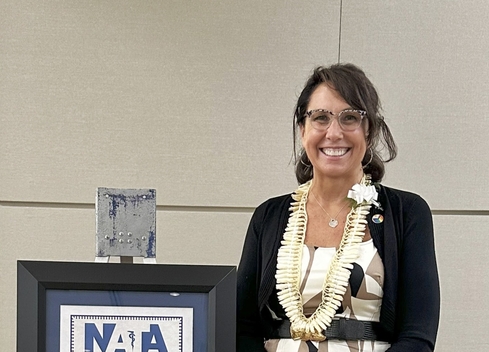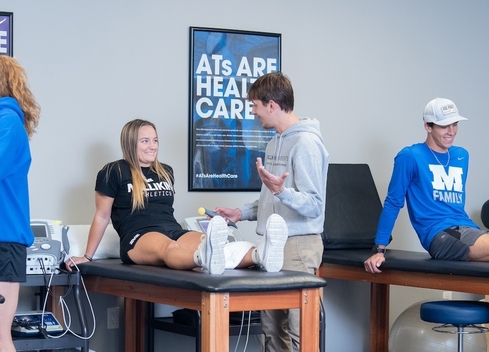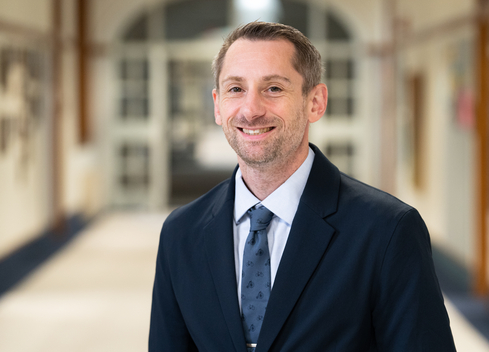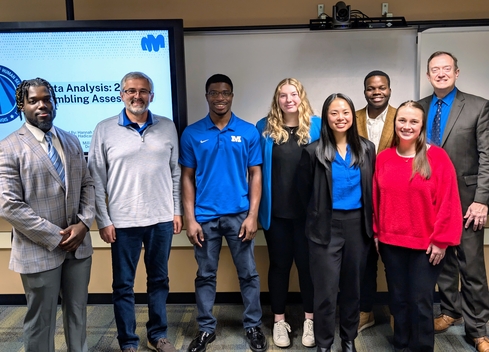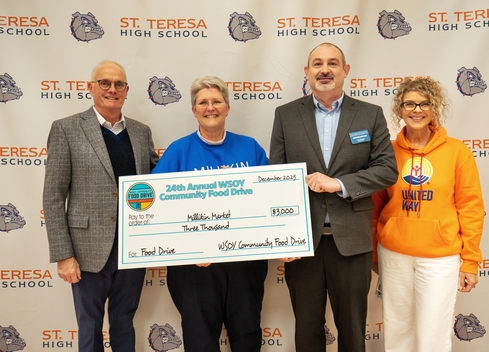Physical Education
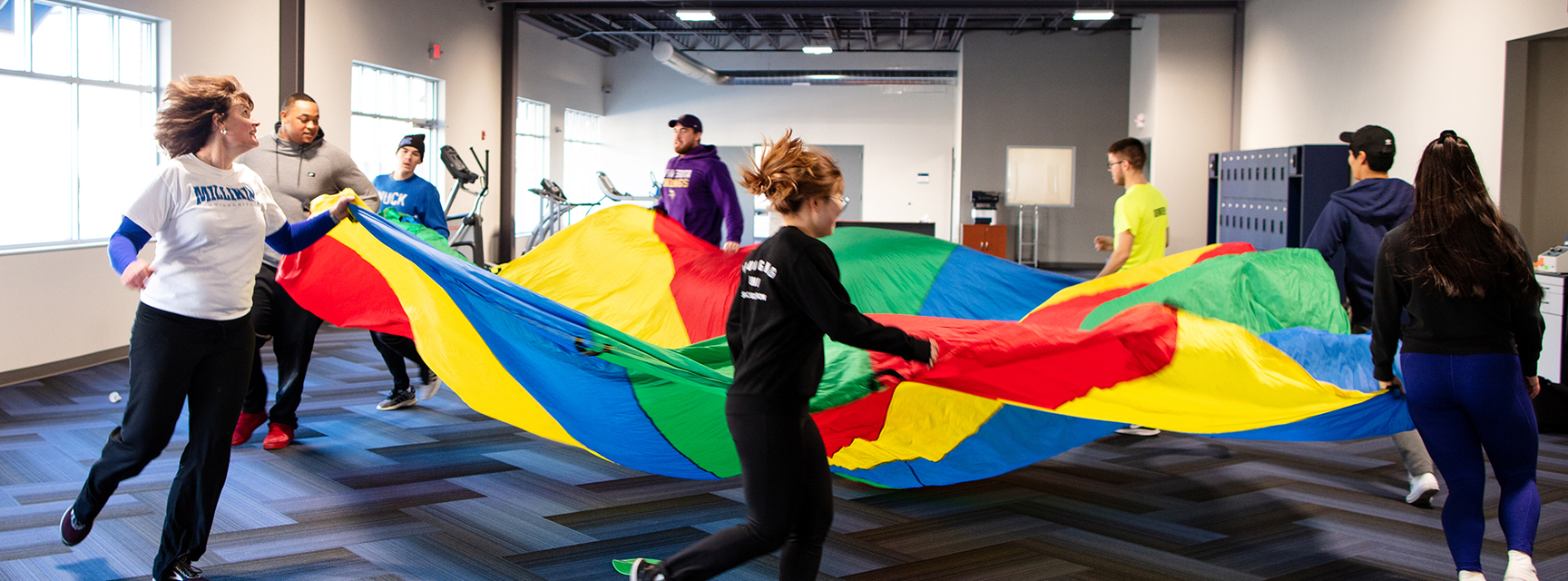
Overview
Program Highlights
A Bachelor of Science in Physical Education with a Teacher License prepares professionals to teach physical education and coach in a school setting. Millikin offers State of Illinois teaching endorsements in Health Education, Safety and Driver Education, Special Education and English as a Second Language.
Required Courses
Endorsements
Teacher License
To become licensed to teach Physical Education, teacher candidates must complete:
- Required Exercise Science & Sport coursework for Physical Education
- University graduation requirements
- Required Department of Education, core courses.
Health Endorsement
Any Exercise Science & Sport and School of Education students may add the Health Endorsement to a K-12 specialist-teaching license. A minimum of 18 credit hours of specific course work is necessary. The health education content area test must be passed and on file with ISBE in order to be eligible to add the health endorsement to your teaching license.
Specific course work for the endorsement follows:
18 credit hours of coursework with a grade of C- or better in any of the following areas:
- ES 160 Personal and Community Health (3)
- ES 130 Prevention and Treatment of Athletic Injuries (3)
- ES 200 Drugs in our Society (1)
- ES 206 Foundations and Theory of Health Behavior and Fitness (3)
- ES 321 Health and Pollution (3)
- ES 324 Human Sexuality and Family Life (2)
- ES 328 Health-Related Nutrition (3)
- ES 325 Growth and Development (3)
- ES 402 Curriculum Development Methods and Assessment in Health Education (3)
- ES 415 Mind/Body Health (3)
Courses that teach the following concepts may also be accepted:
Consumer Health
Disease Prevention
Mental and Emotional Health
School Health
The Director of the School of Exercise Science & Sport may approve additional health and environmental courses.
Driver’s Education Endorsement
Any School of Exercise Science & Sport (ESS) and/or School of Education (SOE) students may add the Driver’s education Endorsement to a K-12 specialist-teaching license. A minimum of 18 credit hours of specific course work is necessary.
To add the Driver Education endorsement to either a secondary or specialist teaching certificate, specific course work is required by the State of Illinois Board of Education (ISBE).
1. Three (3) semester hours in injury prevention or safety - The classes listed are offered at Millikin however, courses may be transferred in from previous institutions. Transferred courses must be approved by the Director of ESS and the Millikin Licensure Officer.
- ES 130 - Prevention and Treatment of Athletic Injuries (3 credits)
- ES 202 - Introduction to Safety Education (3 credits)
2. Twelve (12) semester hours in driver education that include:
- ES 201 - Introduction to Driver Education (3 credits)
- ES 301 - Driver Education Methods (3 credits)
- ES 422 - Driver Education Practicum (3 credits)
- ES 423 - Advanced Methods in Driver Education (3 credits)
3. Three (3) semester hours from the following areas - The following are various topic areas set forth by ISBE. These can be taken at Millikin or can be transferred in. Transferred courses within the topic area must be approved by the Director of ESS and the Millikin Licensure Officer.
Adolescent/young adult psychology
First aid/Care & prevention of injuries (Could only be taken as this requirement if not taken as a previous requirement – see #1 above.)
Health/wellness
Safety-related issues relevant to driver education
Advanced driver education in use of simulation/multiple care programs
Alcohol/drug abuse issues
Drivers Education for students with disabilities
PreK-12 Physical Education Endorsement
This endorsement provides an opportunity for students in the School of Education to earn 18 credit hours of specific coursework required by the State of Illinois concentrating in physical education. Candidates must also pass the Content Test: ILTS #213 to receive the endorsement.
All courses below required (A total of at least 18 credit hours needed):
- BI204 Human Anatomy and Physiology I (4)
- ES305/306 Physiology of Exercise I (4) - BI 204 is pre-req*
- ES204 Foundations of Physical Education (3)
- ES 425 Secondary Curriculum Development in PE (3) non-PE majors need permission, need to be admitted to the School of Education
- ES 431 Adaptive PE (2)
- ES 401 Methods in Elementary PE (3)
The Director of the School of Exercise Science & Sport must approve any additional courses.
Note: Please see ISBE’s acceptable areas of coursework for specific content area requirements (https://www.isbe.net/Documents/Acceptable-Areas-of-Coursework.pdf)
Requirements subject to change at any time based on ISBE legislation/mandates.
